
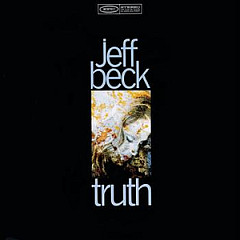
Jimmy Page, Jeff Beck, Keith Moon and John Paul Jones recorded "Beck's Bolero" and almost formed a band. They couldn't find a lead singer, so Page and Jones formed Led Zeppelin.
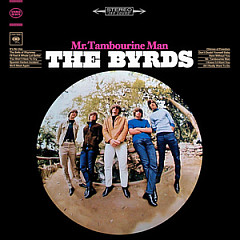
"Mr. Tambourine Man" is the only song Bob Dylan wrote that became a #1 hit on the Hot 100.
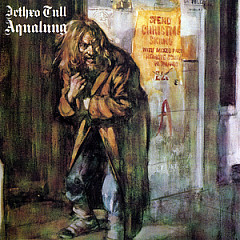
Ian Anderson wrote "Aqualung" after looking at pictures of homeless men that his wife took. She got a co-writing credit on the song.
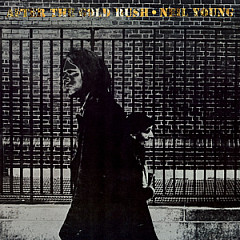
Neil Young later apologized for "Southern Man," calling it "accusatory and condescending" in its portrayal of the American South.
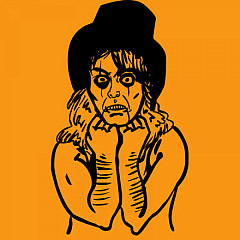
How well do you know this shock-rock harbinger who's been publicly executed hundreds of times?
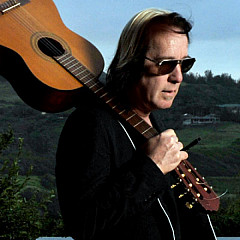
Todd Rundgren explains why he avoids "Hello It's Me," and what it was like producing Meat Loaf's Bat Out of Hell album.
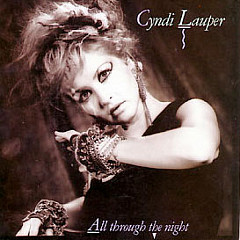
Shears does very little promotion, which has kept him secluded from the spotlight. What changed when Cyndi Lauper had a hit with his song? Not much, really.
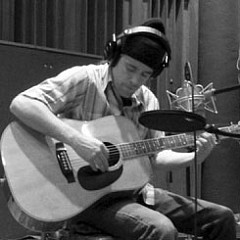
Chad tells tales from his time as drummer for Nirvana, and talks about his group Before Cars.
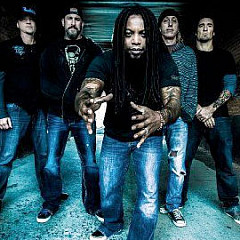
The Sevendust frontman talks about the group's songwriting process, and how trips to the Murder Bar helped forge their latest album.

Brenda talks about the inspiration that drove her to write hit songs like "Get Here" and "Piano in the Dark," and why a lack of formal music training can be a songwriter's best asset.